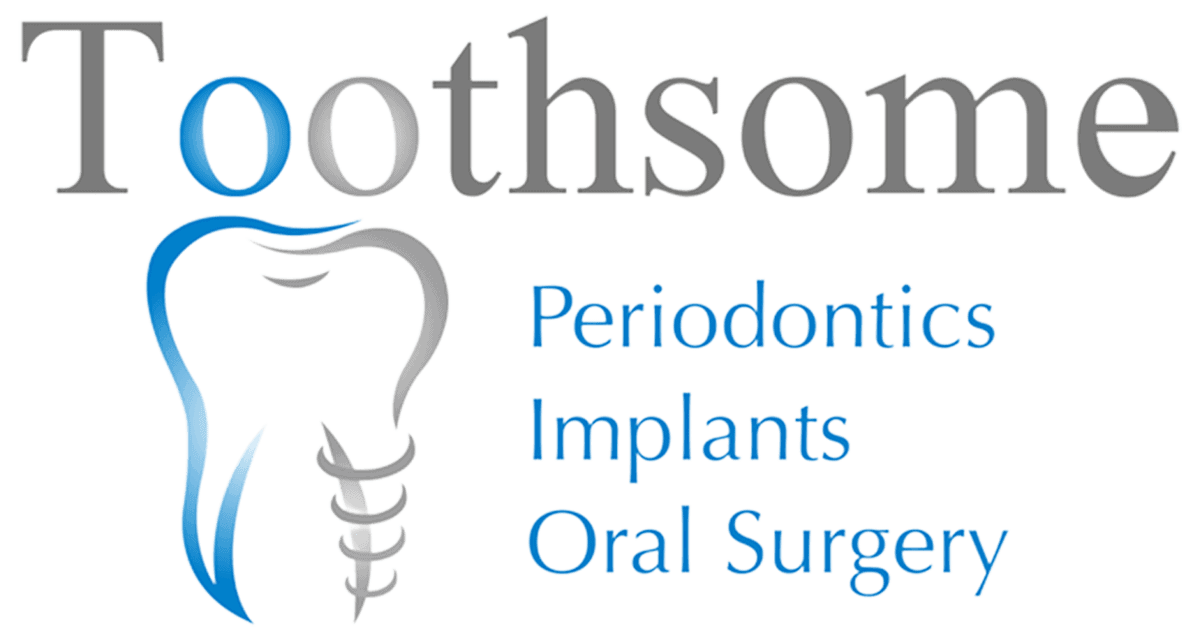
If you would like to know how to treat gingivitis, the good news is that gingivitis is treatable when it is detected early. If your gums are in good health they should be a healthy shade of pink, be firm and not bleed or get irritated when you brush and floss them. Gum disease or gingivitis develops when plaque is not removed from your teeth. Ιf left untreated, gum disease can affect your gums and tissues, as well as the bone that supports your teeth.
Why Does Gum Disease Develop?
Every day your teeth develop a film of plaque over the surface. Plaque is a sticky and colourless substance that hosts lots of bacteria. It builds up along your gum line and in the spaces between your teeth. When the plaque is left to build up, the bacteria mixes with food particles and acids are formed. These acids begin the process of decay and cause irritation to your gums.
Sometimes gingivitis can be caused by poorly fitting or misaligned bridges or crowns.
Even though gingivitis is fairly common and affects most people at some stage of their life, it can be avoided by practicing meticulous dental hygiene and by visiting your dentist regularly. When your dentist performs a dental clean, he or she will remove all traces of plaque and tartar to minimise your chances of developing gum disease.
How Do You Treat Gum Disease?

Even if your gums bleed or become irritated with brushing they still need to be cleaned; not brushing will make it worse. If you find your gums are inflamed, red, swollen or bleed when brushing or flossing, you may have the symptoms of early gum disease.
Patients may also experience bad breath or a foul taste in their mouth. Sometimes it is possible for gum disease to be present without symptoms but regular visits to your dentist will help you to identify it early.
Your first course of action is to make an appointment to see your dentist. He or she will be able to remove all traces of plaque and tartar from your gums and, if it is detected early enough, you may be able to reverse the signs of gum disease.
How To Get Rid Of Gingivitis
Scaling
Your dentist may employ scaling if it is necessary to remove plaque from below your gum line. It is a deep cleaning procedure that can help remove the signs of early gum disease.
Root Planing
Root planing smoothes out the teeth roots where bacteria are likely to lurk. By creating a smooth surface the gums can reattach to the teeth.
Through scaling and planing your dentist can stop gingivitis from advancing further, manage tooth decay and protect the roots of your teeth.
What Happens If You Don’t Treat Gingivitis?
Gingivitis will not self resolve and will only get worse if you don’t treat it. If it is allowed to become more advanced it may develop into periodontitis, which can cause permanent damage to your gums and jaw bone.
If your gums are weakened due to gum disease, spaces can open up in between the root and gum. These spaces are referred to as periodontal pockets because they can hold lots of bacteria, and this can cause further damage.
When periodontitis is not treated on time, your teeth can loosen and ultimately be lost. Treatment for early periodontitis is non-invasive and involves deep cleaning of the periodontal pockets by a Specialist Periodontist. More advanced periodontitis may involve a minor surgical procedure such as flap surgery or bone grafting procedures.
Smokers, people with a family history and people with diabetes are at higher risk for developing periodontitis.
How To Maintain Healthy Teeth And Gums
Once your dentist has helped you to treat gingivitis it is essential that you maintain good dental habits to prevent the infection from recurring.
- Brush twice per day. Brushing before bed is very important because lots of bacteria accumulate in your mouth while you sleep.
- Brush well and floss twice per day. Make sure you remove the plaque from around and between your teeth.
- Don’t avoid brushing if your gums are sensitive. It is essential that you keep your mouth clean particularly if you have an infection, and that you get in touch with your dentist as soon as possible.
Referral To A Specialist Periodontist
If your dentist or hygienist has referred you to a Periodontist, it is because you have periodontitis. A Specialist Periodontist has trained an extra 3 years at university on top of their dentistry degree (8 years in total) in treating gum disease and placing dental implants. Dentists do a great job treating gingivitis but if you have been diagnosed with periodontitis then it is important to see a Specialist Periodontist to prevent the disease from getting worse.
At Toothsome we believe that early detection and treatment is essential for your dental health. If you want to know more about how to treat gingivitis or if you have been told you have periodontitis, please call us for an appointment to see our Specialist Periodontist Dr Patty Chou.
Chatswood (Dr. Willis & Dr. Chou): (02) 8203 8786Baulkham Hills (Dr. Willis & Dr. Chou): (02) 9158 6637


